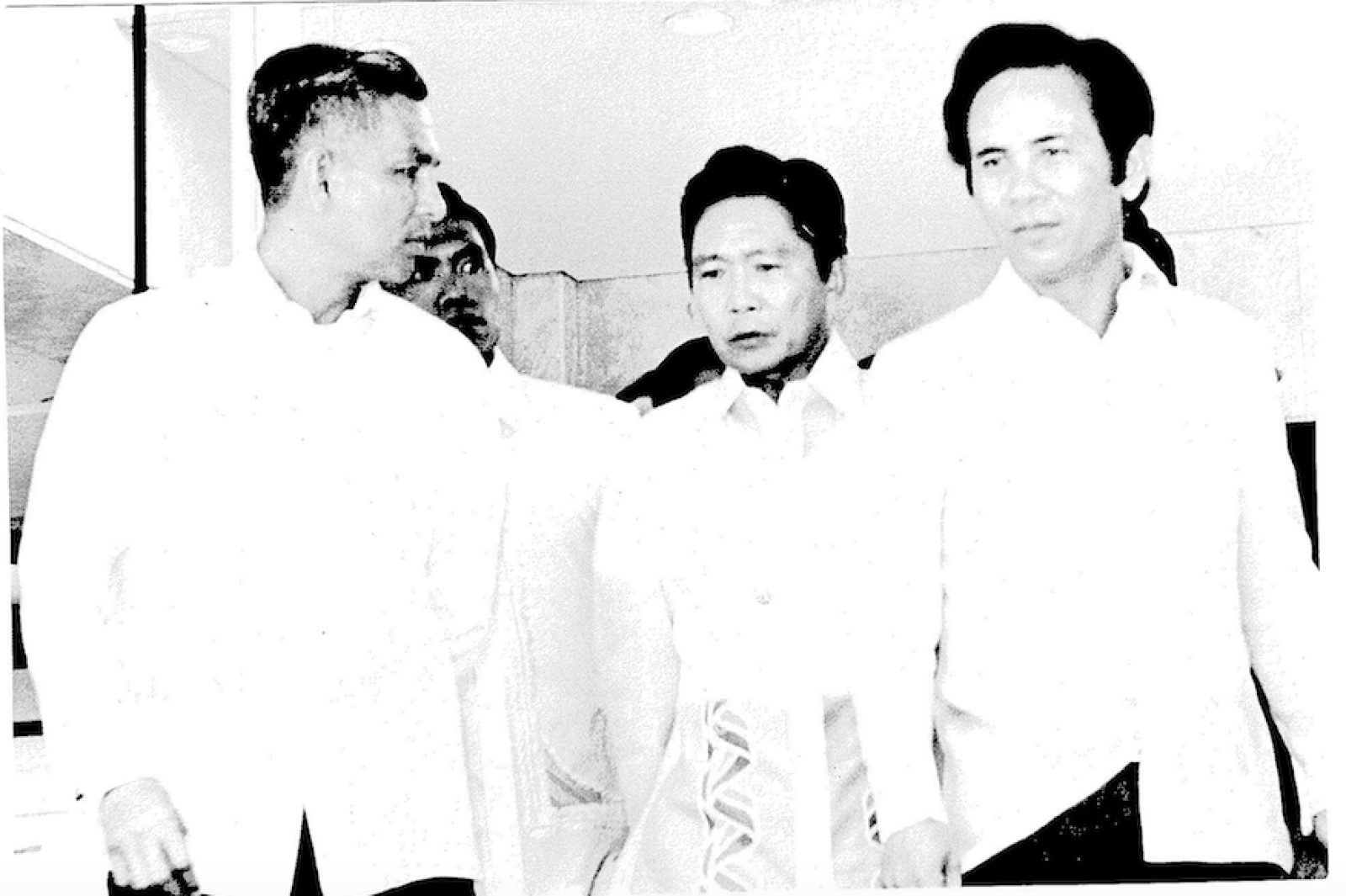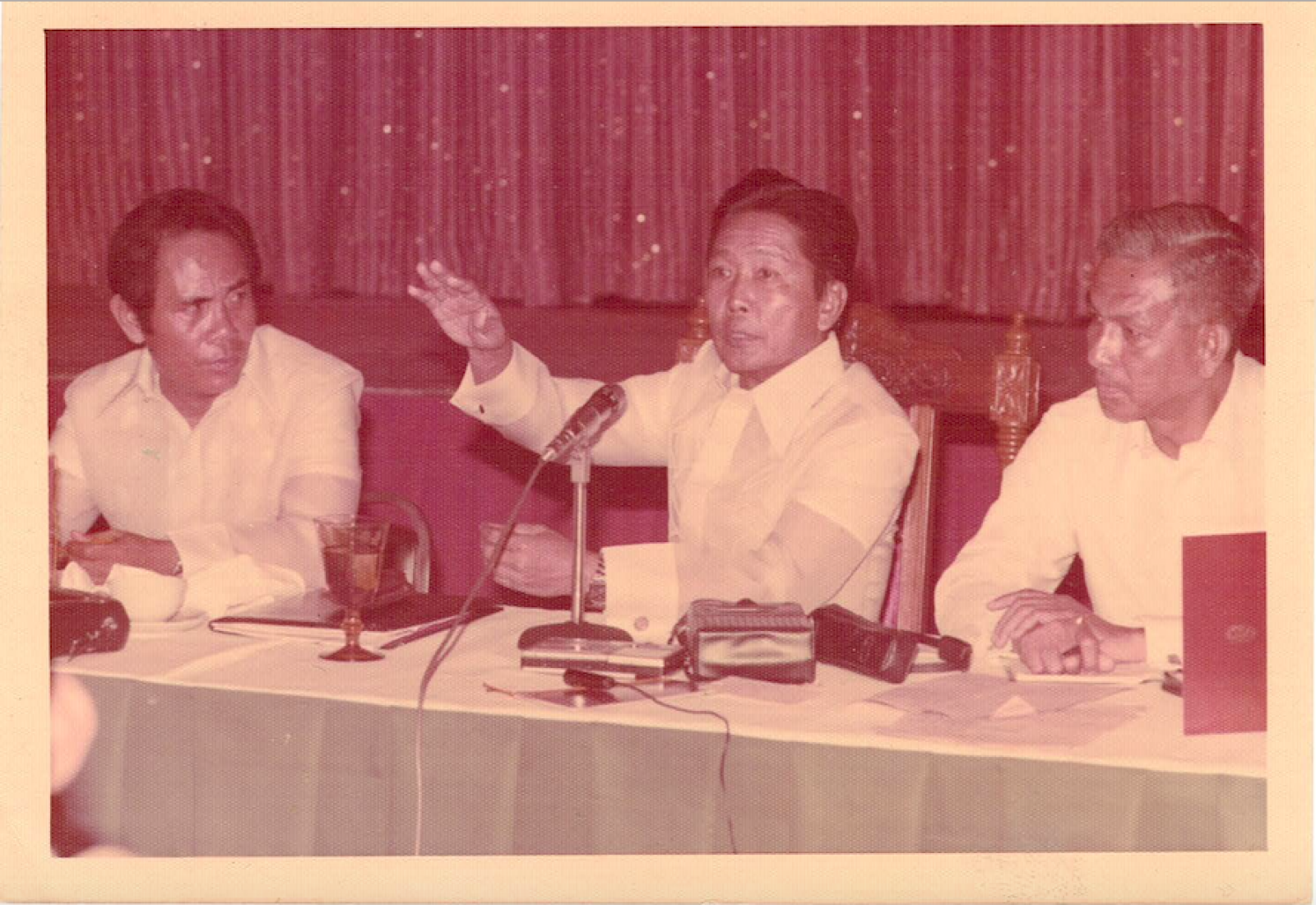
Mikhail Flores
Reuters

Ken Sasaki
Kyodo News

Jhoanna Ballaran
Jiji Press

Barnaby Lo
Al Jazeera

Jes Aznar
New York Times

Ron Lopez
Freelance

Regine Cabato
Freelance

Tomoaki Takeshita
The Daily Manila Shimbun

Mariejo Ramos
Thomson Reuters Foundation

Girlie Linao
DPA German Press Agency
The Foreign Correspondents Association of the Philippines (FOCAP) was borne out of necessity in 1974, shortly after the Southeast Asian country was placed under martial law by the late dictator Ferdinand Marcos.
As his government began curtailing freedom of the press, a few foreign correspondents led by Teodoro Benigno, then the bureau chief of Agence France Presse, created the institution that challenged the narrative of the authoritarian regime to the world.
Amidst all the media darkness at that time, FOCAP held court under full lights, and has continued to do so the past 45 years.
The group’s constitution and by-laws say, among other things, that FOCAP was formed to “achieve an effective and harmonious relationship between the government and the working members of the foreign press.” It effectively meant that the organization was offering itself as a bulwark against efforts to intimidate and harass the foreign press, a guiding principle that FOCAP carries to this day.
As the Marcos government cracked down on the press, padlocking press offices and detaining journalists for reports that questioned excesses, members of FOCAP continued with their work and relentlessly stood ground. This tradition lives on.
FOCAP also played a key role during the 1986 People Power Revolution that toppled the dictatorship. Leaders of a group that pulled away from the crumbling Marcos regime invited the press, specifically the foreign media, to their announcement to defect. The rest was forever ingrained in history. The group was credited by the national Movement for Free Elections, as well as the Catholic Mass Media Awards, for its courage and professionalism in pursuing the truth.
The dictatorship may be long over, but FOCAP remains committed in giving the public a balanced view of history.
Perhaps there is no better way to illustrate what members of the free press felt then, than in the words of FOCAP founder Benigno. He said: “The chains had come in a rattling clank. They bound me, emotionally and professionally from head to foot.
Almost all my adult life, I had been a journalist, taking all my freedoms for granted, especially press freedom. Now I heard the bolting of iron doors, figuratively. And the poignant singing of the national anthem, figuratively. I was close to tears.”
As the organization marks its golden anniversary, those chains are once again threatening to shackle the Philippines’ free press. But FOCAP, as it always has, will continue to cover events in the Philippines dauntlessly.
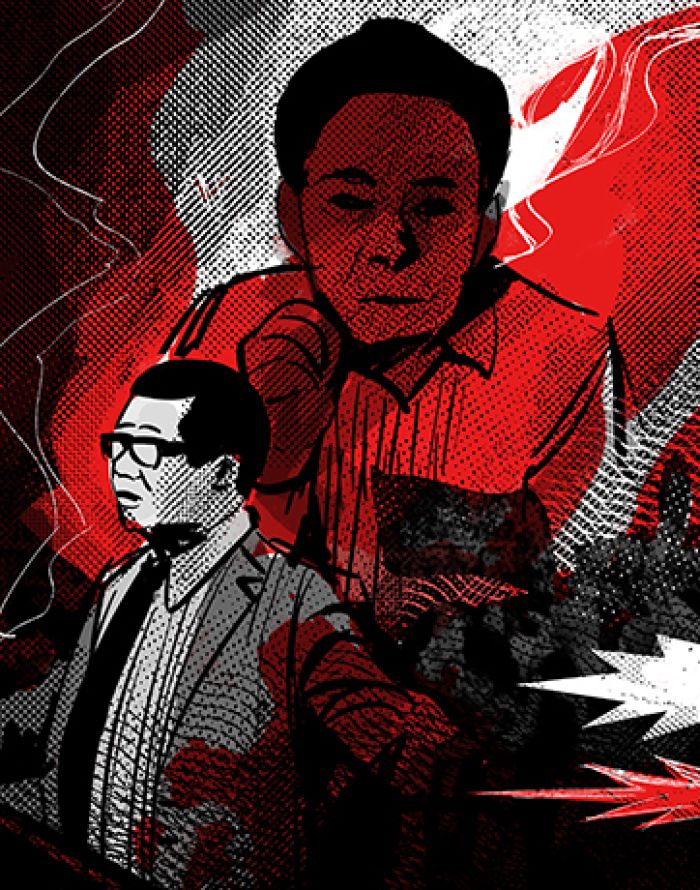
1974 – 1984
The declaration of Martial Law, its impact, the victims and abuses, as well as the assassination of former senator Benigno S. Aquino Jr, whose killing galvanized the opposition against late dictator Ferdinand Marcos Sr were the top events from 1974 to the early 80s.
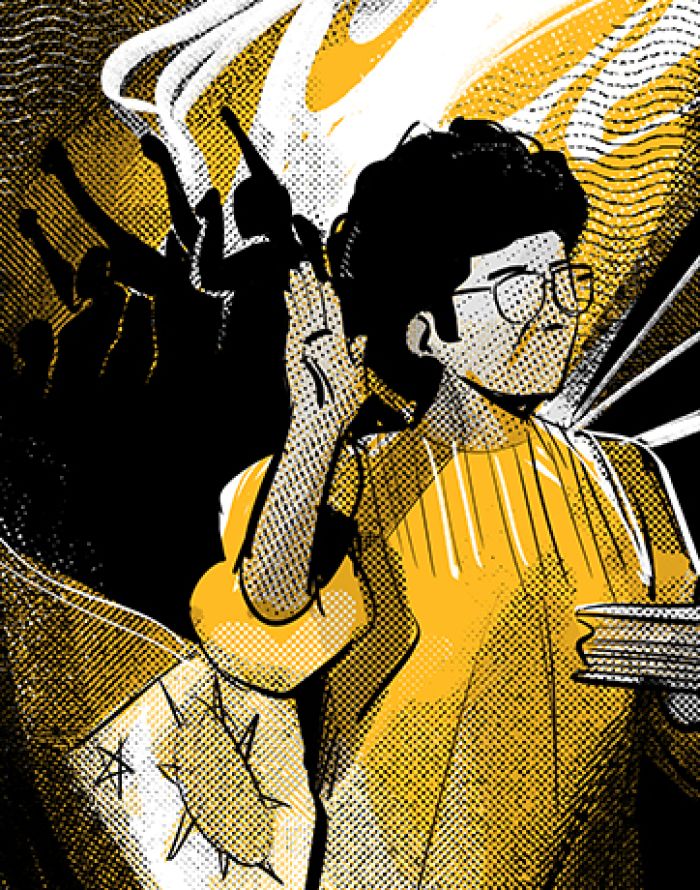
1985 – 1994
The following decade from 1985 to 1994 was marked by the return to democracy with the People Power revolution that ousted Marcos Sr, his family and cronies.
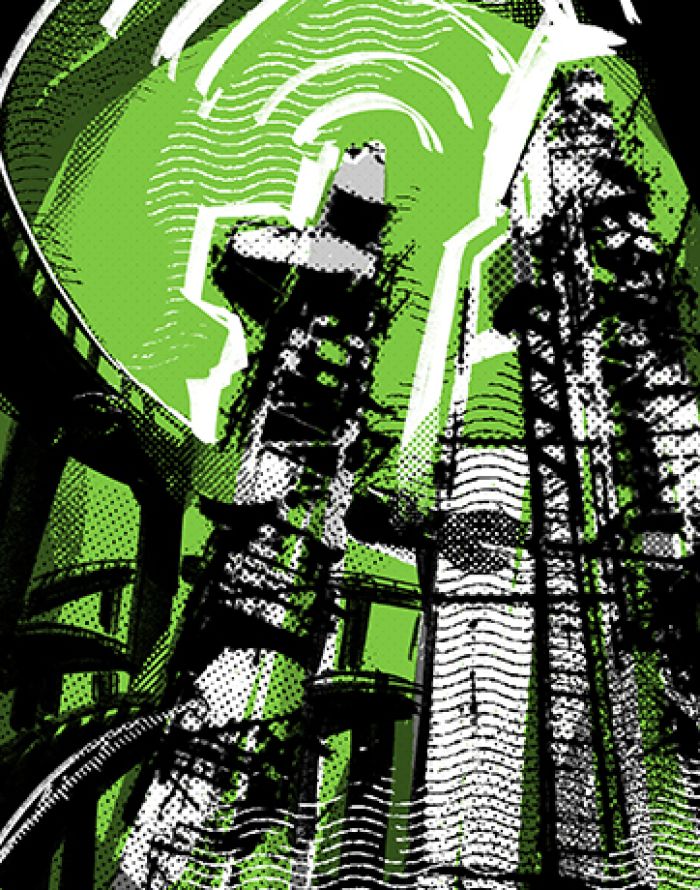
1995 – 2005
The election of late president Fidel Ramos ushered in the decade of economic liberalization 1995 to 2004, when the Philippines was hailed as a tiger cub economy in Southeast Asia.
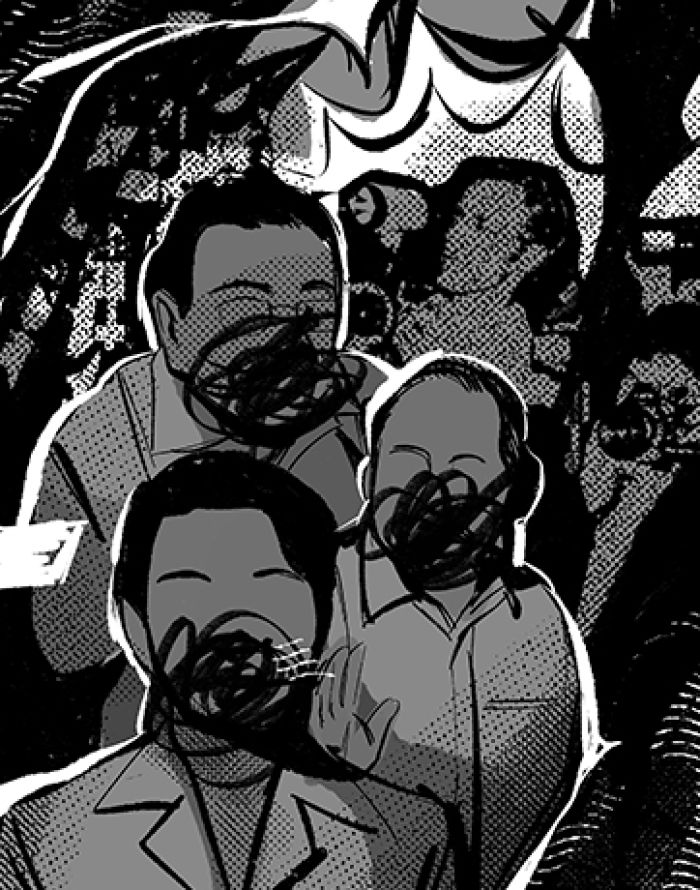
2006 – 2015
The next years from 2005 to 2014 were wracked by scandals following former president Joseph Estrada’s ouster in 2001. Former president Gloria Macapagal Arroyo survived a number of coup attempts and even allegations of electoral fraud. The decade also saw the most number of journalists killed in the Philippines during the massacre in Ampatuan town in Maguindanao province, where 32 reporters and media workers died.
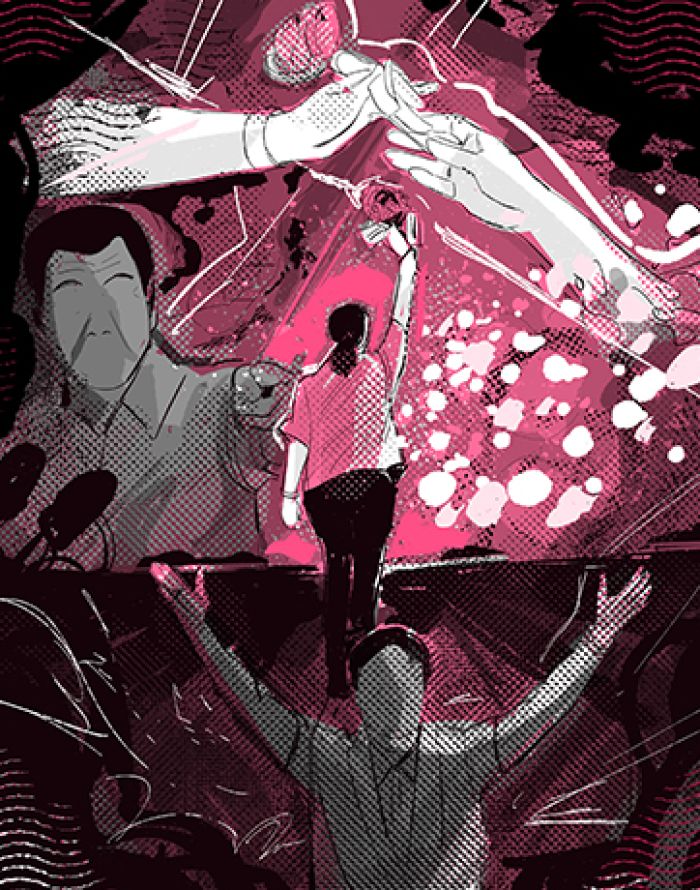
2016 – 2025
The 2016 arbitral tribunal ruling on the South China Sea was a major triumph for the Philippines in this last decade, which was also characterized by the deadly war on drugs. While the so-called pink movement failed to block the return of the Marcoses to power, it has revived the steadfast spirit of the Filipinos.



